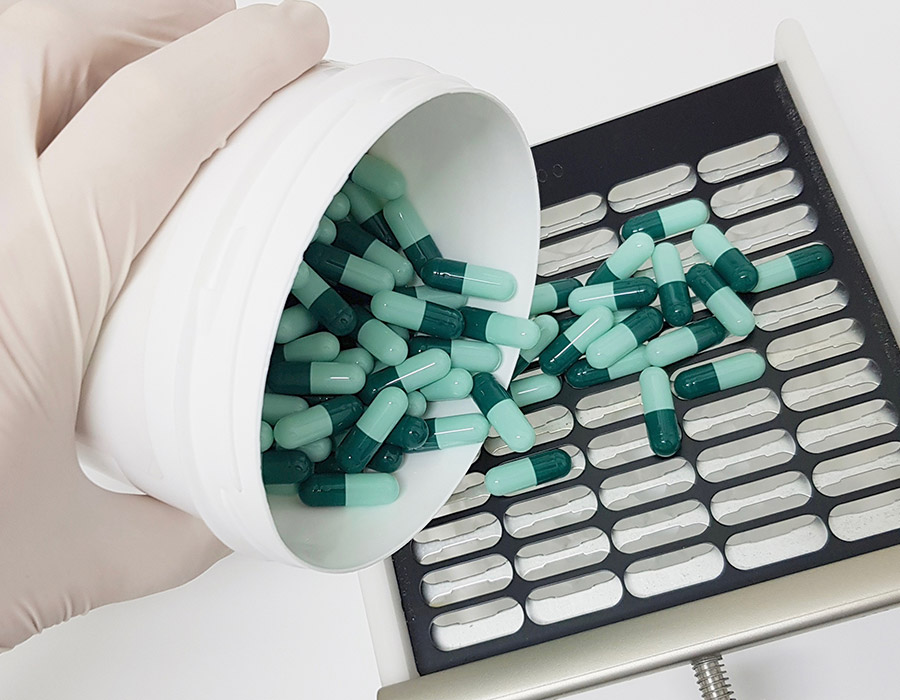
Compounding allows doctors and pharmacists to meet a patient’s unique needs. The most important benefit compounding offers is for those patients who may have difficulty taking or responding to commercially available medications.
Some people are allergic or sensitive to preservatives and dyes or are non-compliant with standard drug strengths. Others may have a hard time swallowing a pill or react adversely to a medicine’s taste. At King’s Pharmacy, we work together with our client’s physicians to prepare medications in the delivery system that best fits their requirements.
The result? A way to administer medicine that guarantees patient compliance.
King’s Pharmacy and Compounding Center can formulate medications in unique delivery systems that aren’t generally available. These include:
Lozenges or troches are a popular dosage form used to keep drugs in the mouth when local action is desired. They also can be placed under the tongue and allowed to dissolve for sublingual delivery, which allows the medication to enter the bloodstream quickly and easily. Lozenges and troches can be enhanced with natural sweeteners and pleasant flavors, making them ideal for geriatric and pediatric patients.
As many patients often have a difficult time taking medicine, a number of dosage forms can be custom-made for easier ingestion. Many medications can be ingested as flavored lollipops or frozen popsicles. Others can be taken as chewable gummy treats. Infants especially benefit from alternate delivery devices such as pacifiers or baby bottles, which are wonderful for dispensing medicine easily and accurately.
Medication can be compounded into individually customized capsules, especially in cases where an alternate strength is required or in order to omit potential allergens or irritants. To reduce the number of doses to be taken, multiple medications often can be combined into a single dosage form or made into delayed-release capsules.
Transdermal methods of delivery are also widely used because they allow the absorption of medicine directly through the skin. Gels, emulsion creams, sprays, and lip balm applicators are easy to use and are effective at getting medicine into the bloodstream quickly. Transdermal medications are often prescribed for pain management, inflammation, and nausea/vomiting. In many cases, transdermals are used to help avoid potential side effects such as an upset stomach or drowsiness.
Many medications aren’t available in liquid form for patients who have difficulty swallowing tablets and capsules. Other patients may have problems tolerating the taste of a commercially available liquid. Through compounding, a pharmacist can make a naturally sweetened, pleasant-tasting oral solution or suspension that can be administered easily and accurately. Solutions and suspensions are also used in compounding eye drops, ear drops, sterile injections, or nasal sprays.
Patients who cannot take medications orally are prime candidates for compounded suppositories. Suppositories can be given rectally, vaginally, or urethrally. They pass quickly into the bloodstream by melting or dissolving into the body cavity and can be used for delayed-release medications, hormone replacement therapy, or to treat local conditions such as hemorrhoids, anal fissures, infections, or inflammation.

King's Pharmacy and Compounding Center has a combined 30+ years of pharmaceutical experience. We are NABP® accredited and specialize in customized pharmaceutical compounding.
Adding {{itemName}} to cart
Added {{itemName}} to cart